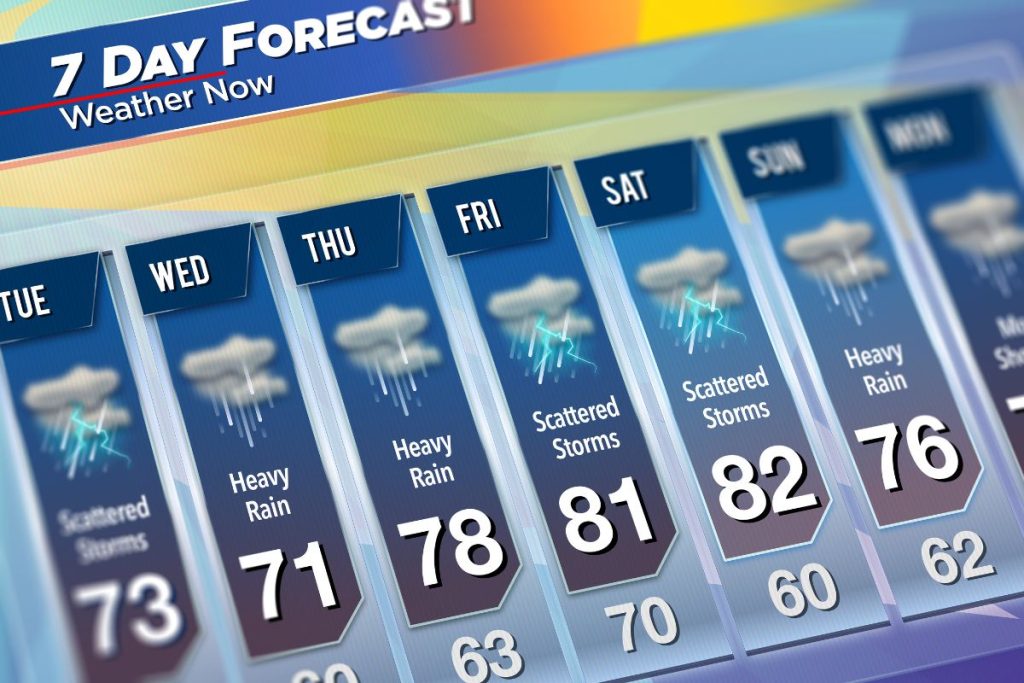
Understand What Property Zoning Entails
Ever wondered why you can’t build a towering skyscraper in your neighborhood or why you are allowed to have your backyard filled with chickens? The answer lies in the zoning laws guarding the areas. That is why it becomes important to understand the zoning regulations of your community.
David Baynie advises that homeowners need to understand what zoning entails as it can determine the future value of the properties. With his wealth of experience and knowledge, David Baynie walks you through what zoning entails and its impact on your property in order to make informed decisions.
Table of Contents
What is Zoning?
Zoning is a set of rules or regulations that govern how land can be used in a specific area. Think of it as a city’s roadmap for development. These rules dictate what types of buildings can be built, how tall they can be, and even what kinds of businesses can operate in a particular neighborhood.
For example, a residential zoning area might only allow single-family homes, while a commercial zoning area could be used for shops, offices, or restaurants. Australia, like many countries, has a comprehensive system of zoning rules to regulate land use.
These rules vary from state to state, but generally, they are designed to ensure orderly development, protect the environment, and maintain the quality of life for residents. The primary purpose is to prevent building of incompatible buildings together such as building a factory in a residential area.
Councils are the ones regulating the land use and each council has their own set of rules to determine the types of buildings that are allowed, facilities that are permitted, and lot sizes. “There are different types of zoning. There are the ones typically used for residence, commercial, industries and many more.
For instance, some zones can permit apartments upstairs with shops downstairs, which means there can be residence and commercial together in a building. An area that has been marked for agricultural purposes might not allow residence.
Therefore, it becomes more important than ever to understand the zoning regulations guiding an area before buying your home, David Baynie explains. Moreover, understand that zoning rules can be complex and may change over time.
If you’re considering buying property in Australia, it’s advisable to consult with a local real estate agent or planning authority to understand the specific zoning regulations for your desired location.
Common Zoning Categories


While zoning regulations can vary widely from place to place, there are some common categories that are found in most jurisdictions:
Residential Zoning
This category is primarily intended for housing. It can be further divided into:
- Single-family residential: This is typically for detached houses on individual lots.
- Multi-family residential: This allows for apartments, condominiums, or townhouses.
- Planned unit development (PUD): This involves a master plan for a development with a mix of housing types and amenities.
Commercial Zoning
This category is for businesses and commercial activities. It can include:
- Retail: This includes shops, malls, and other retail establishments.
- Office: This is for offices, corporate headquarters, and professional services.
- Industrial: This is for manufacturing, warehousing, and other industrial activities.
Mixed-Use Zoning
This category allows for a combination of residential, commercial, and sometimes industrial uses in the same area. This can create vibrant and walkable neighborhoods.
Special-Use Zoning
This category is for specific land uses that don’t fit neatly into the other categories. Examples include:
- Agricultural: For farming, ranching, and other agricultural activities.
- Institutional: For schools, hospitals, churches, and other institutions.
- Recreation: For parks, golf courses, and other recreational facilities.
Overlay Zoning
This type of zoning is applied on top of existing zoning to regulate specific aspects of land use, such as density, height, or parking requirements.
Understanding these common zoning categories can help you make informed decisions when buying or investing in property. It’s essential to consult with local planning authorities or real estate professionals to get specific information about zoning regulations in your area.
Why Understanding Zoning is Crucial


Knowing about zoning is like having a secret weapon in your home-buying arsenal. Here’s why it’s so important:
- Future Value: Zoning can significantly impact the future value of your property. If the zoning allows for desirable land uses, such as mixed-use development or commercial opportunities, your property’s value is likely to increase over time.
- Investment Potential: Zoning can also affect your investment potential. For example, if a property is zoned for commercial use, it might be a good investment opportunity for a business owner.
- Lifestyle Considerations: Zoning can influence your lifestyle. If you prefer a quiet, residential neighborhood, you’ll want to avoid areas with heavy commercial zoning. On the other hand, if you enjoy the hustle and bustle of city life, a mixed-use zoning area might be ideal.
- Development Restrictions: Understanding zoning can help you avoid properties with restrictive development rules. For example, if you want to build a larger home or add a pool, you’ll need to ensure that the zoning allows for these modifications.
- Potential for Upzoning: In some cases, zoning can be changed through a process called upzoning. This can increase the density or intensity of land use and potentially boost property values.
By understanding zoning, you can make more informed decisions about where to live and invest, ensuring that your home meets your needs and goals.
September 19, 2024

















